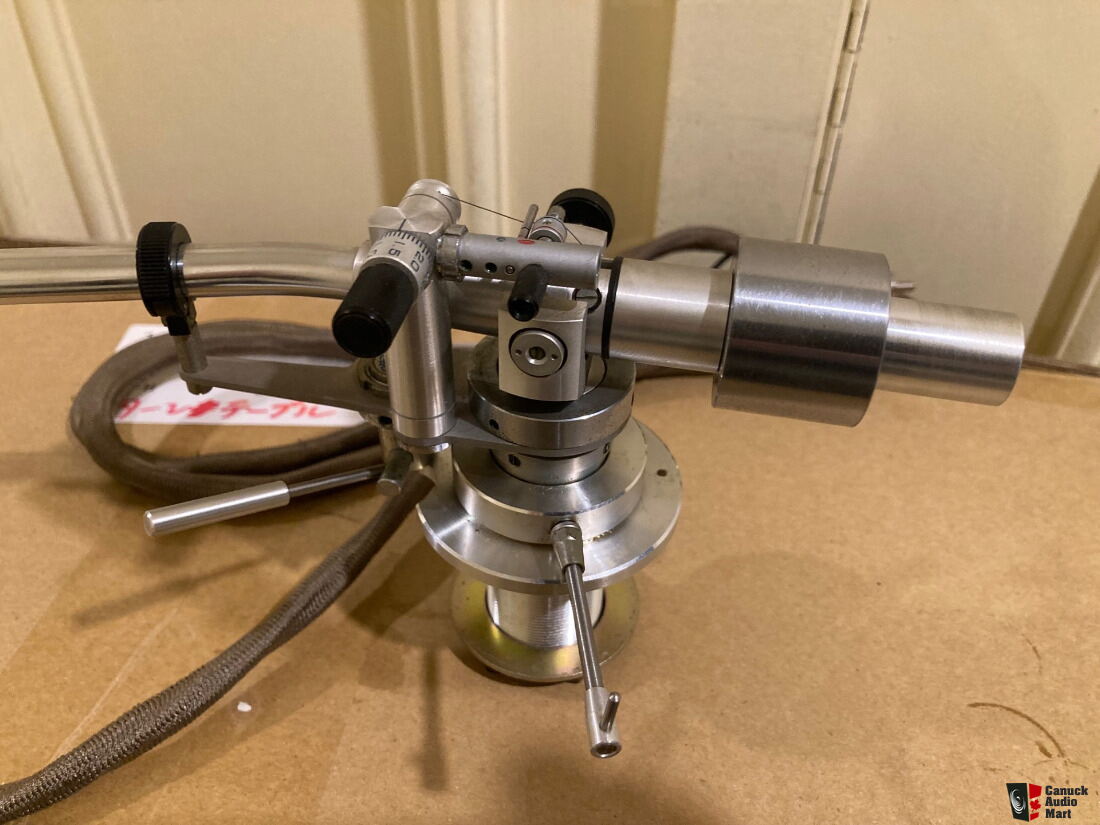A Garrard deserves a London Decca Reference cartridge both for historical reasons and to maximise the liveliness. Should be available again by the end of this year.
Garrard 301 - Project
I have been contemplating for a while which turntable to pursue given so many choices. Every time I look around, I just can’t help drooling over a fully restored Garrard 301 or 401. Aside from being an idler-drive, I keep reading and hearing about their unique ability to reproduce music with its sense of drive and impact thus making them very desirable to own. And with available meticulous restoration services and gorgeous plinth options, what’s not to like, right!
Would you please share your experience, good and pitfalls (if any) with a restored Garrard 301 to avoid before I go down this path.
And what about the IEC inlet and power cord, would they be of any significance. My two choices would be Furutech FI-09 NCF or FI-06 (G) inlets.
I have already purchased a Reed 3P Cocobolo 10.5” with Finewire C37+Cryo tonearm/interconnect phono cable with KLEI RCA plugs option.
Still exploring Cart Options, so please feel free to share your choice of cart with Garrard 301 or 401.
And lastly, I would like to extend my gratitude to @fsonicsmith, @noromance @mdalton for the inspiration.
- ...
- 221 posts total
- 221 posts total






